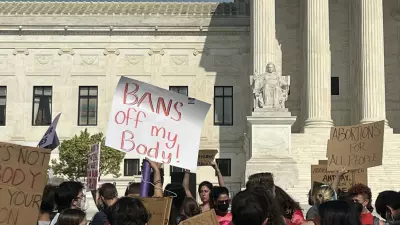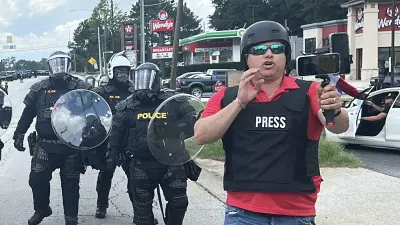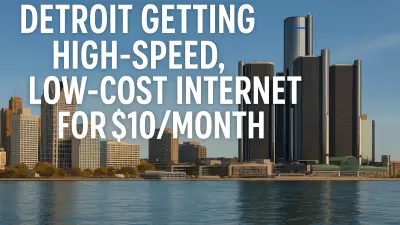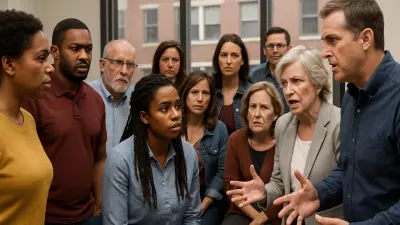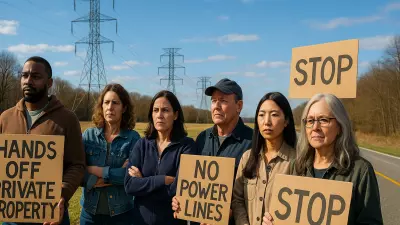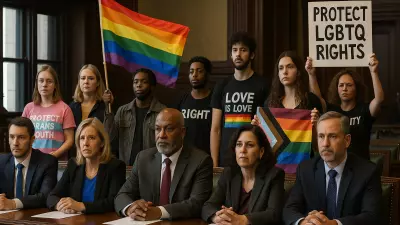WASHINGTON, D.C. — Here I am, again. At a rally in front of the Supreme Court in protection of Roe v. Wade and the rights to my own body.

My own decisions. My own future.
This time, I am not 10 years old following in the shadows of my mother and aunts who fought hard in the 1970s to see abortion de-criminalized. But here, I am instead standing hand-in-hand with my own 10-year-old daughter. History is repeating itself.
We felt compelled to show up at the steps to the United States Supreme Court just hours after the leaking of the draft opinion of Justice Samuel Alito that would overturn Roe v. Wade.
“Not on my watch,” I say as we move closer into the crowd of astonished, enraged and deeply hurt pro-choice supporters.
Women are dressed in Handmaid’s Tale dresses. Older women. Younger women. Kids. Men. Allies. Then there are some anti-abortion protestors shoving photos of fetuses in the face of my daughter — screaming at her through a megaphone that God will disavow her.
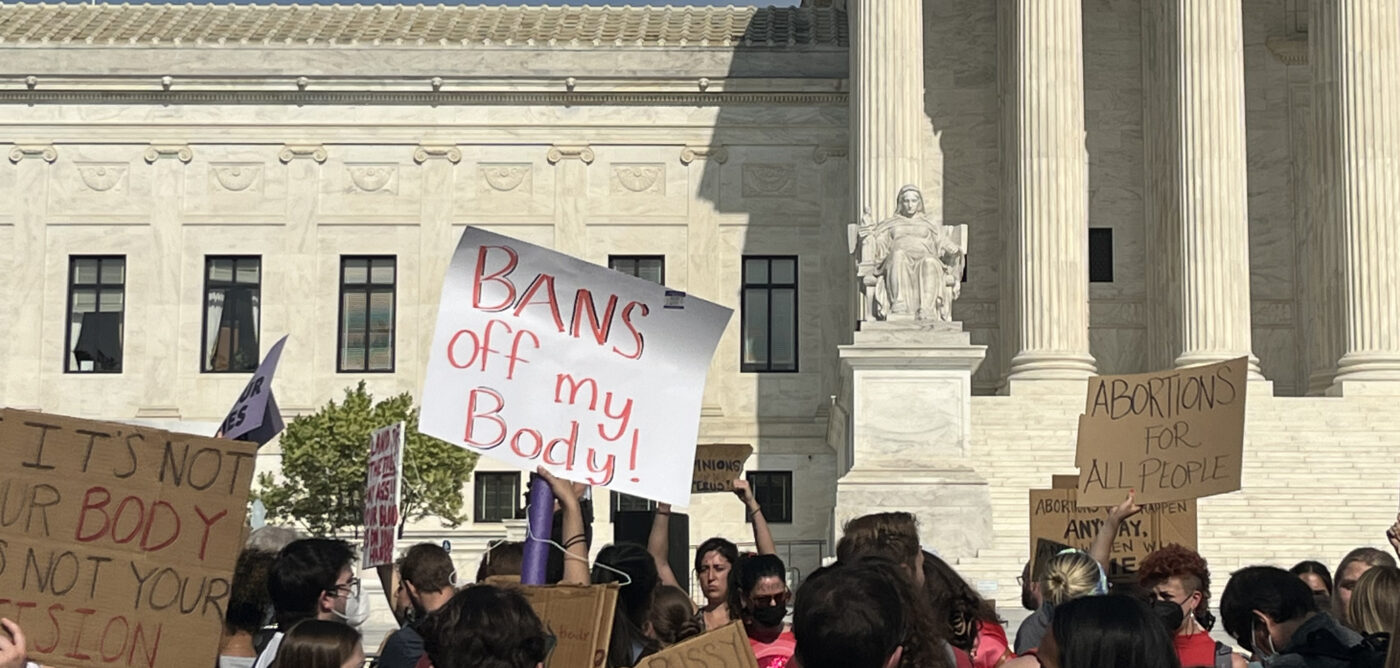
My daughter is proudly holding her “Bans off my body” banner.
She looks perplexed but not scared.
She begins asking so many of my own questions that I have been grappling with for decades.
“Why do men care about my body?” “What does the Bible have to do with my personal rights?” “Why is this happening again now?” The answers are complicated, I say. “Why are women holding hangers?” I begin to cry.
You see, I waited until I was 40 years old to plan for and give birth to my daughter. I made the decision at the point in my own life when I was ready. It was my choice when, where, and how I chose to start my family. It was also my choice to not have a child in my 20s when I found myself pregnant.
For you… the details are not important. To me… they changed the trajectory of my life and I stand at the Supreme Court now with my daughter who would not be here had my choice been different then.
I am an idealist. I believe fervently that we can have a more perfect union. That we can truly live in the land of the free. But only if we are given the liberty to make decisions over our own bodies. Our own lives.
I also would not have worked three jobs to get my college degree and then go on to get two more. I would not have served my country on the frontlines of Iraq. Or started nonprofit programs to help those in disadvantaged communities with access to basic needs. I would not have traveled the world and back around again finding solutions to climate change that threatens us all.
Yet, I never talk about that one decision that allowed me to stay on course. The details are deeply intimate and deeply personal. Known only to me. So personal that no woman can understand unless they have been there themselves. And no man will ever understand.
Yet men are deciding the fate of my daughter. They are voting to take rights away from their own daughters. But it comes as no surprise since we live in a country dominated by patriarchy and Christian values. Now, at least, we can finally stop pretending.
I tell my daughter to keep appreciating that others have opposing points of view. It’s OK — this is what makes us American, by the way. But this debate is about the details, and not the taglines or headlines. And those details are what is important.
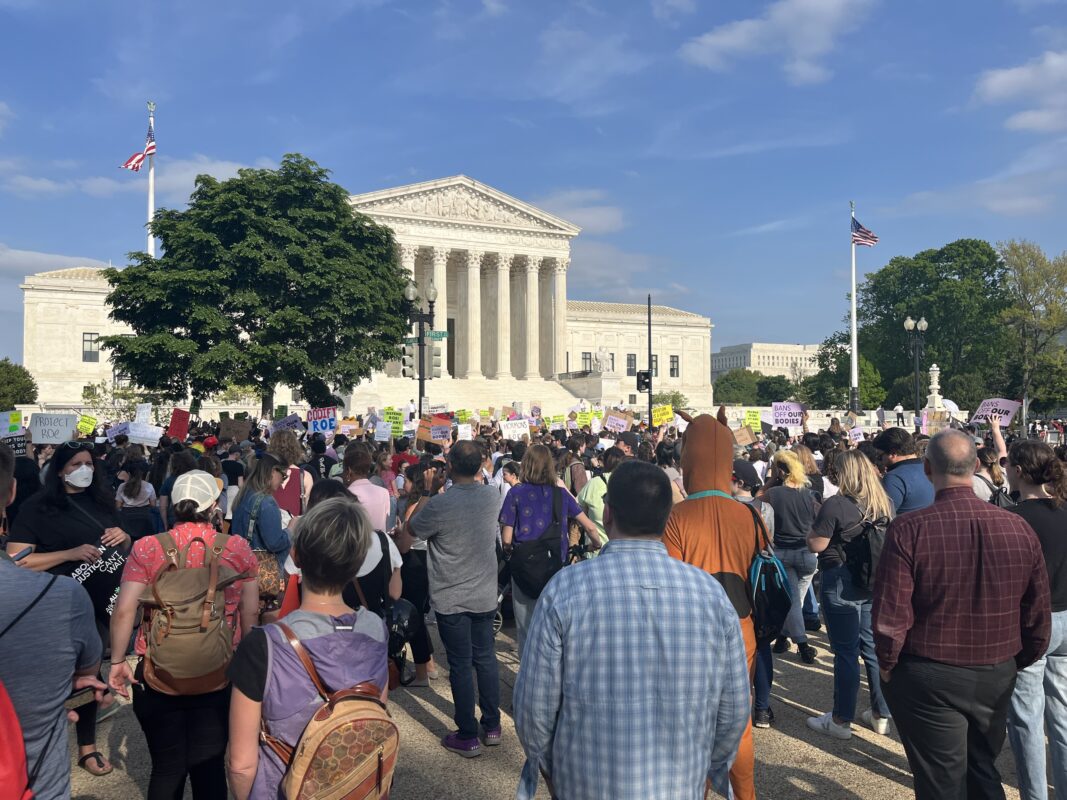
I am not pro-abortion. I never have been.
I am about supporting the right to an abortion. To give women, who make up 50.52% of America, the right to make their own choices about their bodies, their lives, their futures.
I am about religious freedom. If your religion prohibits birth control and abortion, so be it. That is for you. But do not compromise my rights because you believe it should also be about me. You don’t know me.
But more than anything — I am an idealist. I believe fervently that we can have a more perfect union. That we can truly live in the land of the free. But only if we are given the liberty to make decisions over our own bodies. Our own lives. And only when we stop judging others for their own personal decisions. And when we finally take religion out of our court system.
My daughter and I leave the rally and head quietly for home. “I feel so helpless,” she says. “I cannot vote. I don’t have money. I don’t even understand it all really. Yet I know it’s important. What can I do?”
Keep showing up, I tell her. And hopefully, if she keeps showing up with me now, she won’t have to in 30 years with her daughter. If she chooses to have one.

